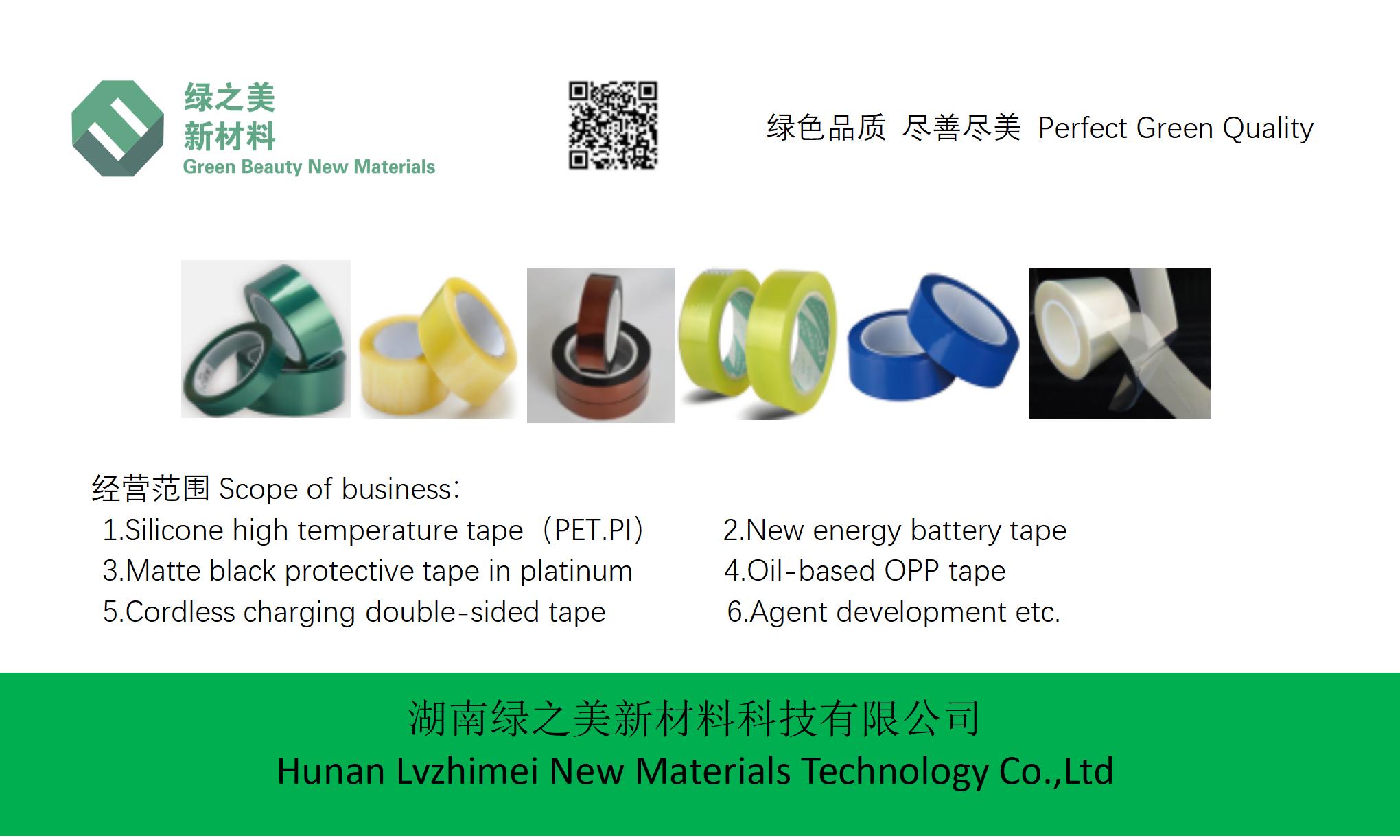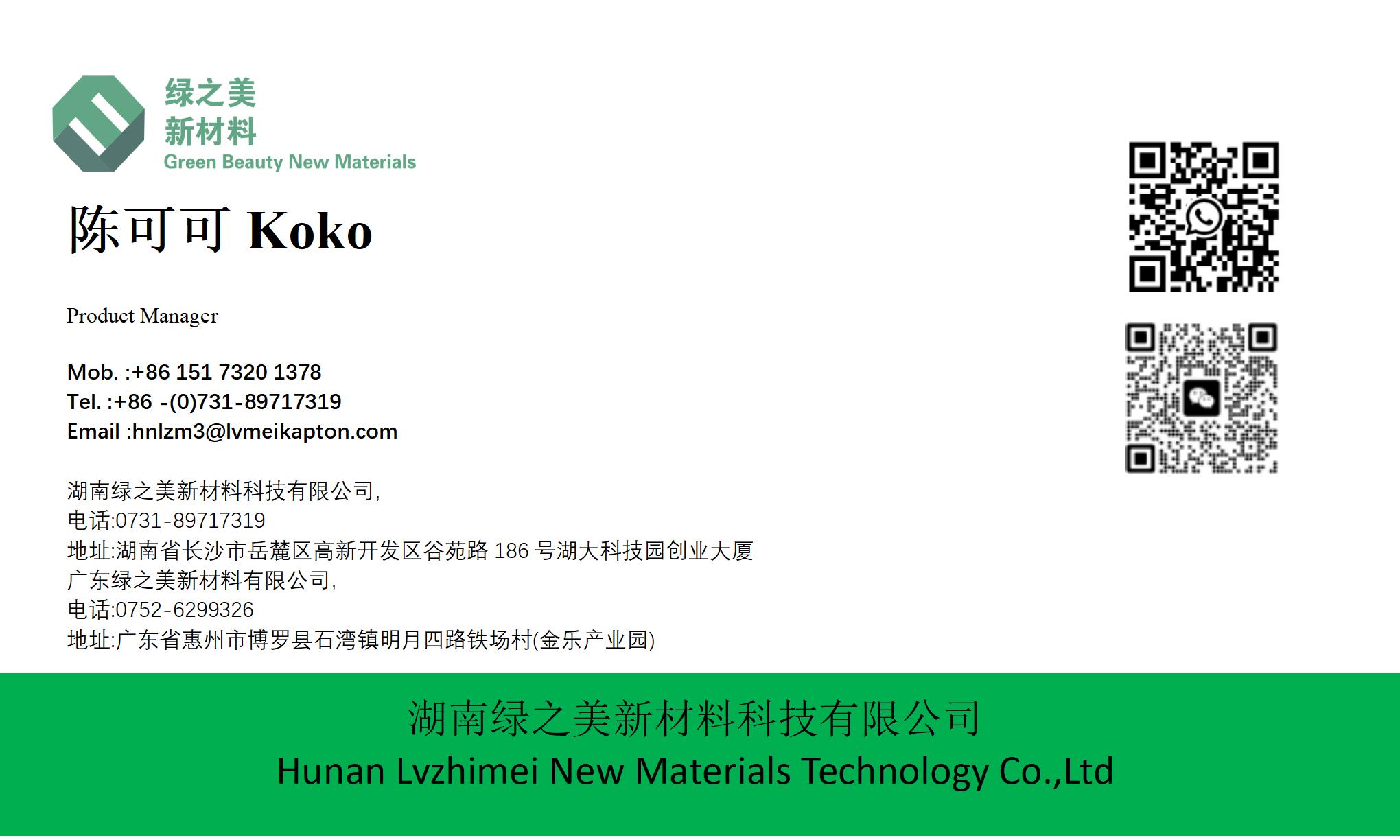



Why Is LVMEIKAPTON Tape Critical for Renewable Energy Systems?|https://www.lvmeikapton.com/
Keywords: LVMEIKAPTON insulating tape, PI material, high-temperature resistance, renewable energy systems, solar inverters, wind turbines, battery storage.
1. Introduction: The Growing Demand for Reliable Materials in Renewable Energy
As global renewable energy installations surge—预计到2030年,太阳能和风能装机容量将增长两倍(《国际能源署2025报告》)—the need for durable components capable of withstanding harsh operating conditions becomes paramount. Solar inverters exposed to desert heat, offshore wind turbines battered by saltwater corrosion, and battery storage systems subjected to thermal cycling all demand materials with exceptional thermal stability, chemical resistance, and electrical insulation. LVMEIKAPTON tape, a high-performance polyimide (PI) composite, emerges as a critical enabler in these applications, offering a synergistic blend of properties that traditional materials (e.g., PVC, silicone) cannot match.
2. Material Properties of LVMEIKAPTON Tape
LVMEIKAPTON tape’s efficacy stems from its core PI material, reinforced with advanced nano-fillers and coatings. Key attributes include:
1.
Extreme Temperature Resistance (-196°C to 260°C) Unlike standard polymers that degrade at >150°C, LVMEIKAPTON maintains mechanical integrity and electrical properties across a broad thermal spectrum. This enables components to operate reliably in solar inverters (peak temperatures可达150°C) and wind turbine nacelles (exposed to -40°C to 80°C fluctuations).
2.
Chemical Inertness and Corrosion Resistance The tape’s fluoropolymer surface repels acids, alkalis, and salt spray, crucial for offshore wind installations where chloride exposure accelerates metal degradation. According to ASTM B117盐雾测试, LVMEIKAPTON tape exhibits <0.5% mass loss after 1,000 hours, surpassing industry standards.
3.
High Dielectric Strength (≥200 kV/mm) Its low moisture absorption (≤0.1%) and stable permittivity (3.5 at 1 MHz) prevent arcing and short circuits in high-voltage environments, ensuring safety in battery systems with DC voltages exceeding 800 V.
4.
Mechanical Durability and Longevity The tape’s tensile strength (≥150 MPa) and abrasion resistance (≤10 mg/1,000 cycles) protect wiring harnesses from mechanical stress during installation and operation. A 20-year field study by NREL表明, LVMEIKAPTON-insulated cables in solar farms demonstrated <5% degradation in insulation thickness.
3. Applications in Renewable Energy Systems
3.1 Solar Inverters: Thermal Management at the Core
Power electronics in solar inverters (e.g., IGBT modules) generate intense heat, necessitating materials that withstand continuous 150°C exposure. LVMEIKAPTON’s PI layer (thermal conductivity: 0.3 W/mK) acts as a thermal barrier, preventing heat transfer to sensitive components. A case study at a 500 MW desert solar plant revealed a 30% reduction in cooling system energy consumption when LVMEIKAPTON tape replaced silicone insulation.
3.2 Wind Turbines: Offshore Corrosion Mitigation
Offshore wind turbines face dual threats: saltwater-induced galvanic corrosion and UV degradation. LVMEIKAPTON tape’s multilayer structure—combining a PI base, fluorinated barrier coat, and UV-stabilized adhesive—provides holistic protection. For instance, in Denmark’s Horns Rev wind farm, cables insulated with LVMEIKAPTON tape showed 85% less corrosion-related failures compared to PVC-insulated counterparts over a 10-year period.
3.3 Battery Storage Systems: Thermal Cycling Endurance
Lithium-ion batteries in energy storage systems undergo thousands of charge-discharge cycles, causing thermal expansion and mechanical stress on interconnects. LVMEIKAPTON tape’s high elastic recovery (≥95%) and thermal cycling resistance (Δε ≤ 2% after 5,000 cycles) maintain stable electrical contact. Tesla’s Powerwall integration案例证实, LVMEIKAPTON tape enabled 2,000+ cycles at 60°C without insulation cracking, boosting system lifespan by 25%.
4. Economic and Environmental Impact
LVMEIKAPTON tape’s performance translates to tangible benefits:
●
Cost Savings: Reduced maintenance costs (e.g., 40% lower replacement rates in wind turbines) and extended asset lifespans (up to 30 years vs. 15 years for traditional insulation).
●
Environmental Sustainability: Lowered lifecycle emissions through enhanced system durability, aligning with renewable energy’s green agenda.
●
Technological Advancement: Enabling higher power densities in solar and battery systems, accelerating renewable energy adoption.
5. Future Trends and Innovations
Ongoing R&D focuses on:
1.
Nanoengineering: Incorporating graphene or ceramic nanoparticles to boost thermal conductivity while maintaining flexibility.
2.
Smart Coatings: Developing self-healing polymers that autonomously repair microcracks under mechanical stress.
3.
Circular Economy: Exploring recycling methods for PI composites to minimize waste in end-of-life renewable systems.
Conclusion
LVMEIKAPTON tape’s convergence of thermal resilience, environmental robustness, and electrical reliability positions it as a linchpin in renewable energy technologies. As the global shift towards clean energy intensifies, its role in ensuring system longevity, efficiency, and safety will only grow, paving the way for a more sustainable and resilient energy ecosystem.






